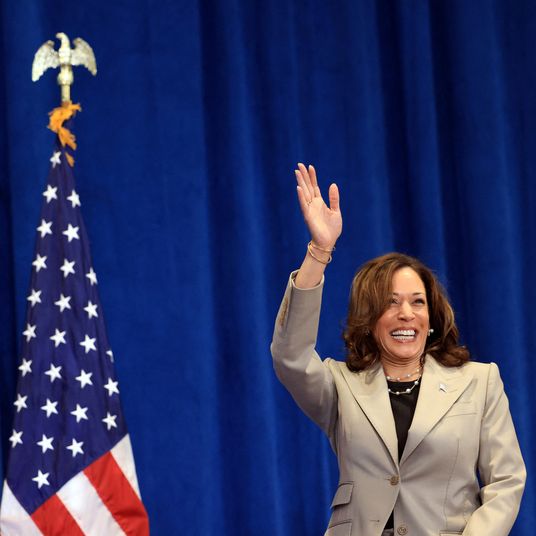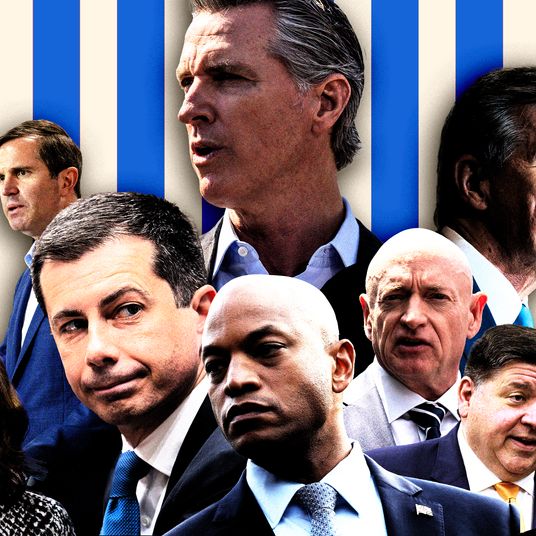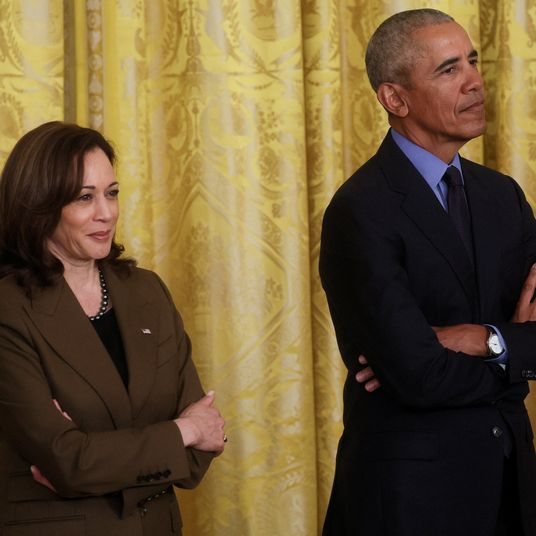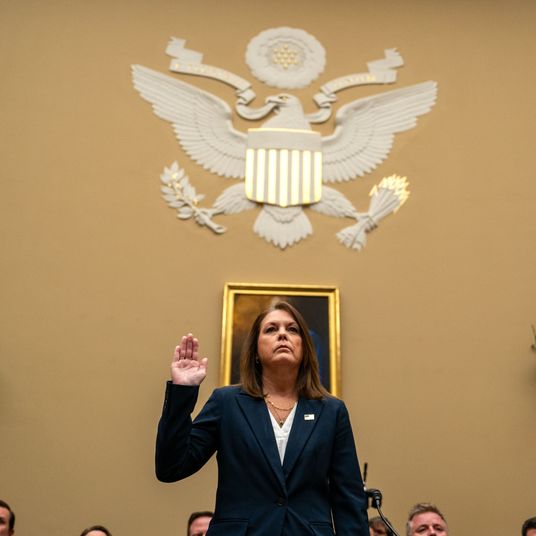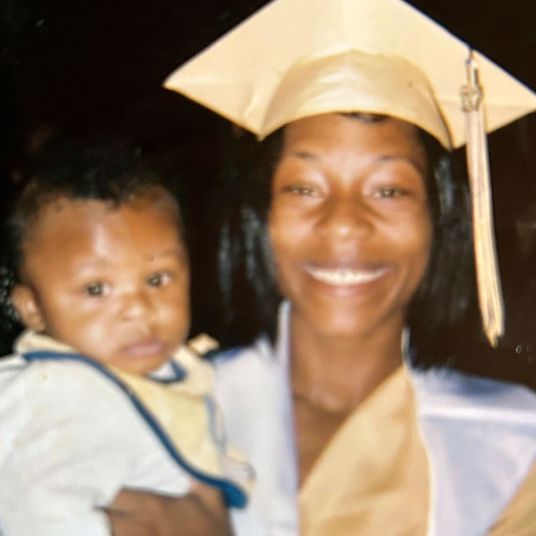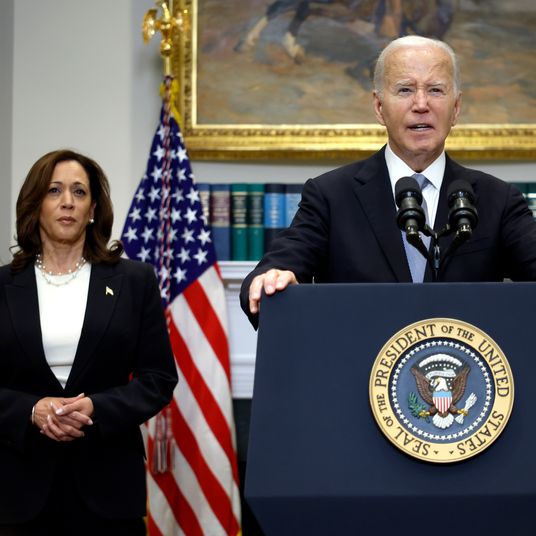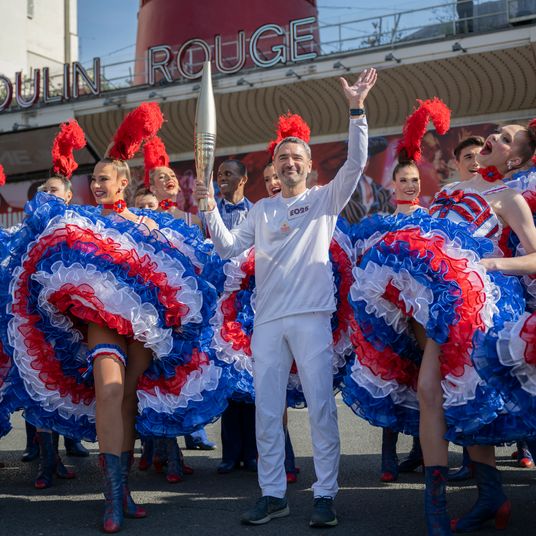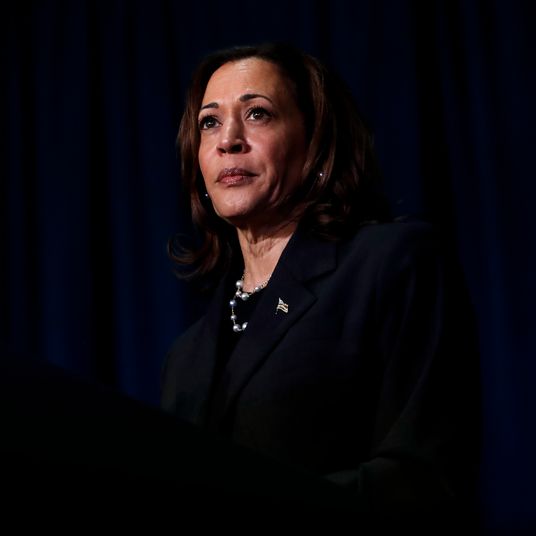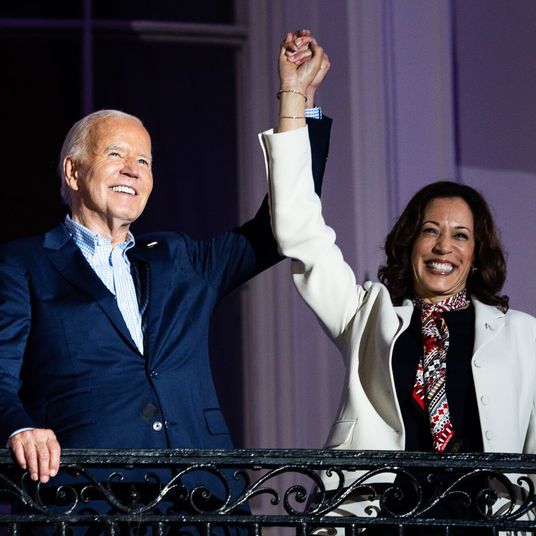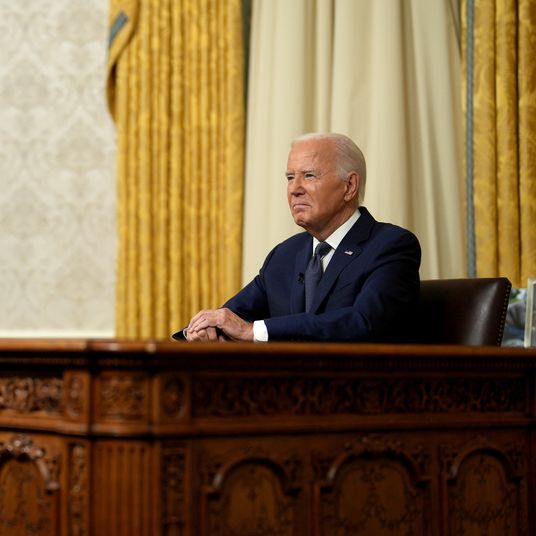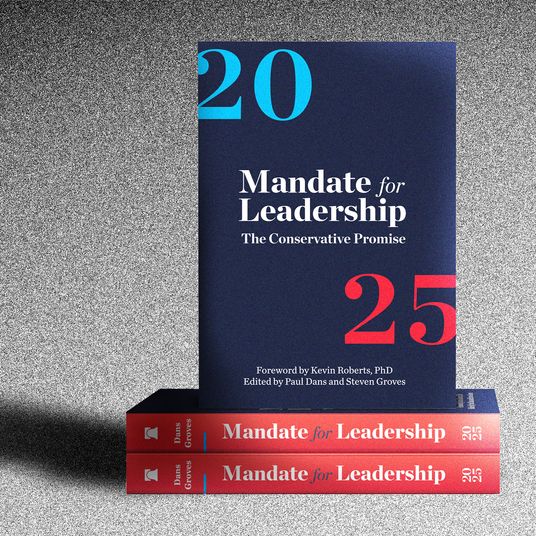
As with any art form, from cinema to punk rock to basket-weaving, sports attracts a mix of hard-core and casual fans. The hard-core fans, who make up the backbone of any sport’s customer base, plan much of their lives around game schedules and are familiar with every player in every league. (I’m one of those people; it’s too late to save me.) The just-popping-in fans, the ones aware of a couple brand-name players and who tend to only watch big events like the Super Bowl, are the ones leagues and broadcasters actually care about. Why? Because there are so many more of them than there are of us, and because they are so much less demanding. The tension between these two groups, the loyal fans vs. the drive-by observers, plays out constantly, in every sport, all the time: the purists vs. the casuals. And the casuals usually win.
An unusually fascinating purists vs. casuals fight is taking place in the WNBA right now. It’s all about Caitlin Clark, the four-quadrant crossover superstar who entered the league as a rookie with the Indiana Fever last month. Over the last two years, Clark has become one of the most popular athletes in the country — she is single-handedly responsible for the two most highly rated basketball games in ESPN history — men’s or women’s, pro or college. She has brought all those new fans with her to the WNBA, a league that was already doing well but, merely by having Clark in it, is now doing much better. But among Clark’s fans, there’s been a mismatch between expectations and reality regarding her role in the league. Many thought they would see Clark draining three-pointers from 40 feet out and cruising along as the dominant, inspirational hero she has been to so many. Instead, they are seeing this:
From her very first minutes in the WNBA, Clark has been a target. Actually, she already was before her debut: One of the first Clark-related “controversies” in the league came ahead of the WNBA draft this year, when future Hall of Fame Phoenix Mercury guard Diana Taurasi warned her that “reality is coming.” Clark has been good, even better than good, in her first month in the WNBA, but her team is 2-9 (remember, it was bad enough before Clark got there to earn the draft pick that ensured her arrival), and almost every headline is about her getting knocked around repeatedly. This reality has led to the formation of two competing and seemingly equally angry camps, divided rather neatly between the purists and the casuals. If I may briefly inhabit these factions to sum up their arguments:
• Purists: Clark is a great player, but she has to learn how this league works, and the fact that every single media question and television feature revolves around her makes us angry. Just because you discovered the WNBA thanks to Clark doesn’t mean she’s the only player who matters. She’ll need to earn her way here. [Hip-checks Clark into the second row.]
• Casuals: The WNBA, which has been growing but is still not one of the five most popular sports leagues in the country (and has never put up anything close to the TV ratings Clark does on a regular basis), has a chance to explode, the way the NBA did when Michael Jordan entered the league. Why are other teams refusing to talk about her? Why do people keep hitting her so hard? Don’t you want her to succeed?
This debate, such as it is, was neatly summarized during a Monday-morning appearance by the analyst Monica McNutt — whom Knicks fans know as the fantastic radio voice of the team — on ESPN’s First Take. McNutt spoke with Stephen A. Smith, who, along with Charles Barkley and many other mainstream pundits, has been criticizing WNBA players for not embracing Clark.
Her contention — that Stephen A. has never cared about the WNBA and is only interested in it now because of Clark — is unassailable but also of course beside the point: Smith, for all his bluster and unique skill of being, as my old colleague Tommy Craggs put it, “emphatic on command,” is correct in that he is representing the millions of fans who had not been following the WNBA before now. (Though he would do himself no favors later that evening.) They understandably now want to watch Clark score some points and not be leveled by every opponent. McNutt’s point wins the battle; Stephen A.’s point will win the war. The casuals always win. The WNBA knows this.
But a player of Clark’s caliber entering the league with the otherworldly publicity that surrounds her was inevitably going to lead to a backlash, particularly among the diehards. This is what Taurasi, an extremely likable but quite caustic and entertaining interview (Kobe Bryant once called her “the White Mamba”) was getting at when she followed up her initial remarks on Clark:
The new fans are really sensitive these days, and you can’t say anything. It’s kind of like when you go from kindergarten to first grade, there’s a learning adjustment, when you go from high school to college, there’s a learning adjustment. I don’t think I said anything that wasn’t factually correct. Like anything, greatness is going to translate and she’s proven that in every level and I don’t see that being any different in the WNBA.
Clark’s defenders — or, more accurately, the ones most offended by Clark getting knocked around in games — increasingly have a “leave Britney alone” vibe to them, embracing the idea that anything other than an openhearted embrace of whom they believe to be the league’s savior is an all-out assault. That the players roughing up Clark tend to be Black women has certainly not escaped notice either, both by people like Stephen A. (who implied Black players were jealous of Clark’s success) and The Atlantic’s Jemele Hill (who pointed out that treating Clark like women’s basketball’s savior erases generations of Black players). It’s a reminder that the struggle between purists and casuals intersects with many other well-worn fights in American life.
It’s also a reminder that these conversations tend to omit one person: Clark. The player herself, unlike her defenders, has not complained about being singled out or how difficult the transition to the WNBA has been for both her and her team. She has focused on the only thing that she can control: how to get better as she transitions into her new league. That is, after all, what the great ones do: They shut out the noise and work on being great.
Remember: Clark is a purist. She grew up adoring the WNBA — her favorite player and childhood hero is Maya Moore, the Hall of Famer who quit the WNBA to fight for criminal justice reform — and has spoken of her admiration for current players in the league, including her rival and fellow rookie Angel Reese, who was criticized for cheering on Clark being knocked around. Clark surely knows why she’s being targeted — not just because of her stardom but because, well, she’s a skinny and a fantastic offensive player, and the best way (in any basketball league) to deal with fantastic but skinny offensive players is to get physical with them. (Michael Jordan was constantly shoved and punished during his rookie year, too.) As writer Michael Harriot noted in a Twitter thread, “Regardless of how you feel about WNBA player’s treatment of Caitlin Clark, it is INARGUABLE that she is expected to be a generational talent. When someone is expected to dominate their sport, teams & player often employ a common strategy: ‘What if we beat them up?’” This happened to Jordan, and Shaquille O’Neal, and even Tom Brady in the NFL: You try to get them off their game by testing their physical limits. Pushing Clark is really a way of showing respect for her game.
In the end, acting as if this treatment of Clark stems merely from jealousy or personal pique is a way of telling on yourself: It shows you consider the WNBA less a real basketball league and more a Caitlin Clark delivery device. The quality of play in the WNBA has been terrific for years. With the addition of Clark (and Reese, and many others from a loaded draft class), it’s even better. But if you want to watch Clark score as easily as she did at Iowa, well, you’re not really much of a WNBA fan, are you? And if you think Clark should get special treatment, you reveal a lack of respect not only for the league, but for Clark herself. She’s great because she is a fierce, relentless competitor — that is, after all, the only way to be great. She will take these beatings, and this attention, and she will learn from it, and she will improve, and she will unleash her fair share of punishment herself (like Jordan and Shaq and Brady), and eventually, both she and the league will be elevated because of it. That’s why, in the end, the purists may just win this battle over the casuals: The star herself is a purist. Clark is going to change the WNBA, but the WNBA is going to change her as well. This is good for everybody. This is how it is supposed to work.
More From This Series
- These Are the First Optimistic Olympics in a Long Time
- Can America Even Get It Together to Host a World Cup?
- The Knicks Finally Have All the Pieces to Win







